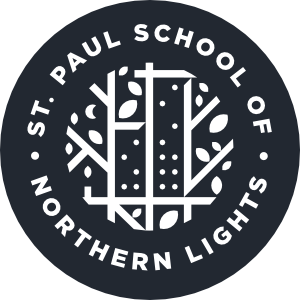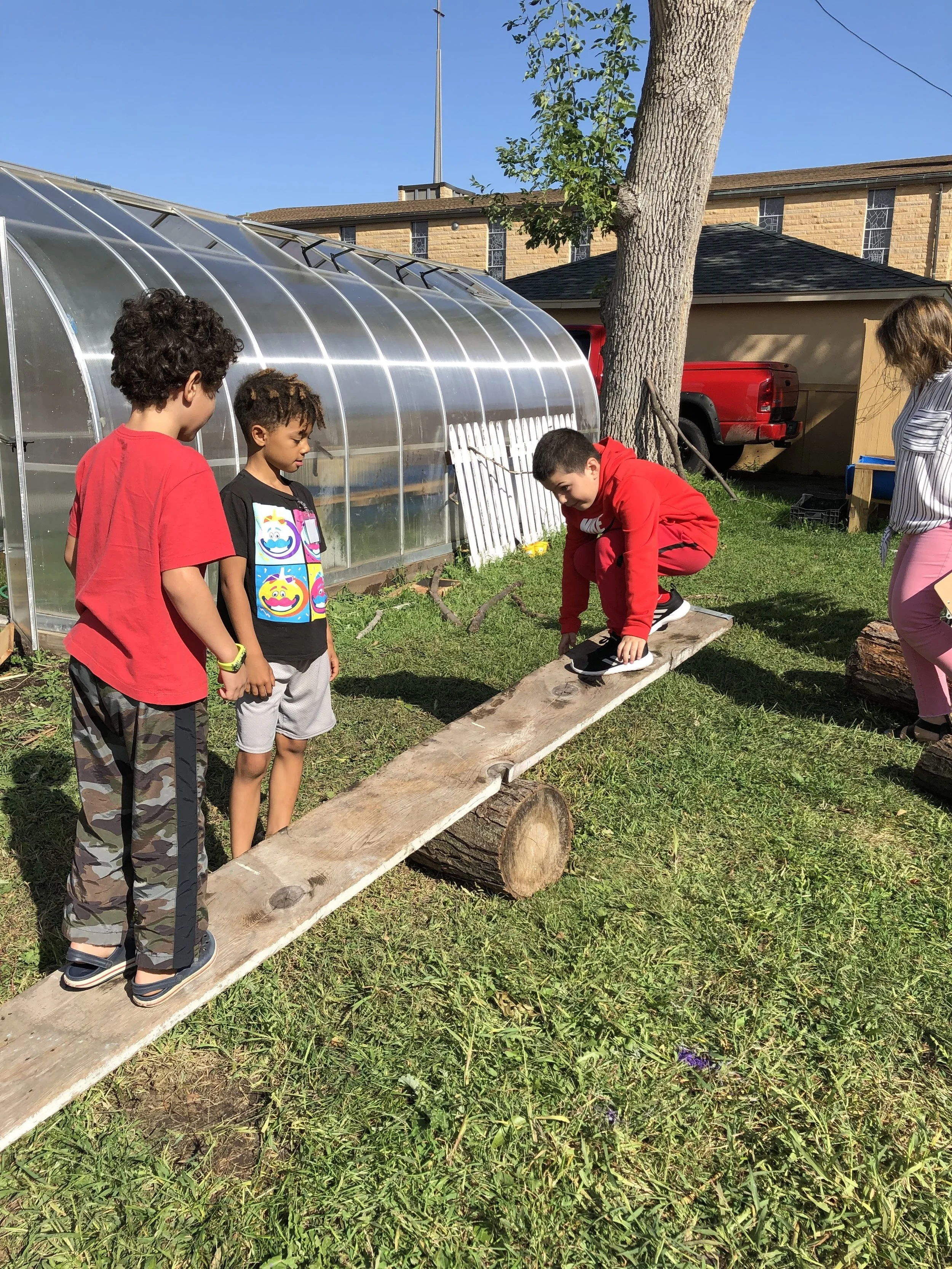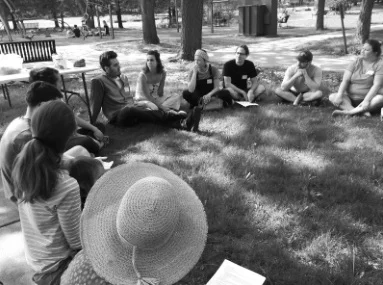A note from our school leader on the nuances of testing at Northern Lights.
Read MoreRather than coming to the families with an idea fully formed, could we bring together parents and family members over the summer to study the values of the school, to explore practices of Reggio-Emilia, Finland, and place-based learning, to think together about relationships among families and teachers and children, to start to know each other, and to start to create a group together? Sure!
So where to start?
Read MoreOpal School in Portland inspires St. Paul School of Northern Lights. Opal School uses the phrase “playful inquiry” to describe their approach to learning. Rather than play being what children do in their “off” time (recess), they incorporate play as school work, recognizing that play and learning are not separate times of the day.
Read MoreWe get many questions about what curriculum will look like at Northern Lights. As these questions continue to emerge, I have been pondering what families are truly wondering. Or what they’re nervous about. So, here we go with another sports metaphor, because they seem to help even non-sports fans!
Read MoreA cognitive knot is a key element in Reggio teaching. Cognitive knots are problems that provide direction and propulsion for learning to move forward. Sometimes teachers launch cognitive knots, guiding learning to a new realm. Other times, cognitive knots are predetermined by circumstances or relationships. You, as parents, have been in a cognitive knot for awhile now, as you navigate school decision-making.
Read MoreEven if you’re not a sports fan, you are likely familiar with the idea that athletes and their coaches deconstruct competitive footage in order to guide future performances. Never in my wildest dreams would I have expected to draw parallels between an Italian teaching philosophy and American football, but I can’t help but notice how they both are gritty and elegant in process.
Read More












